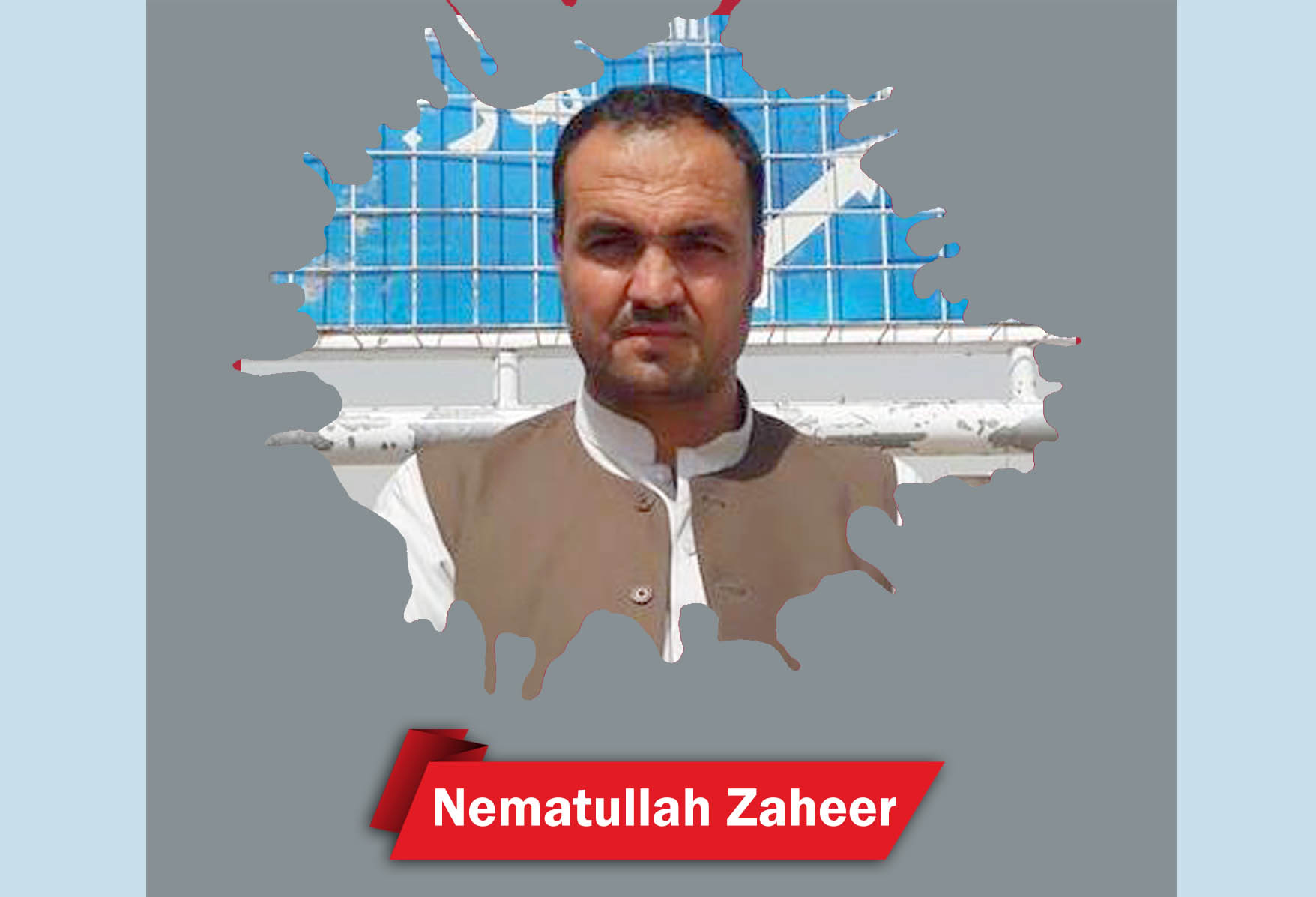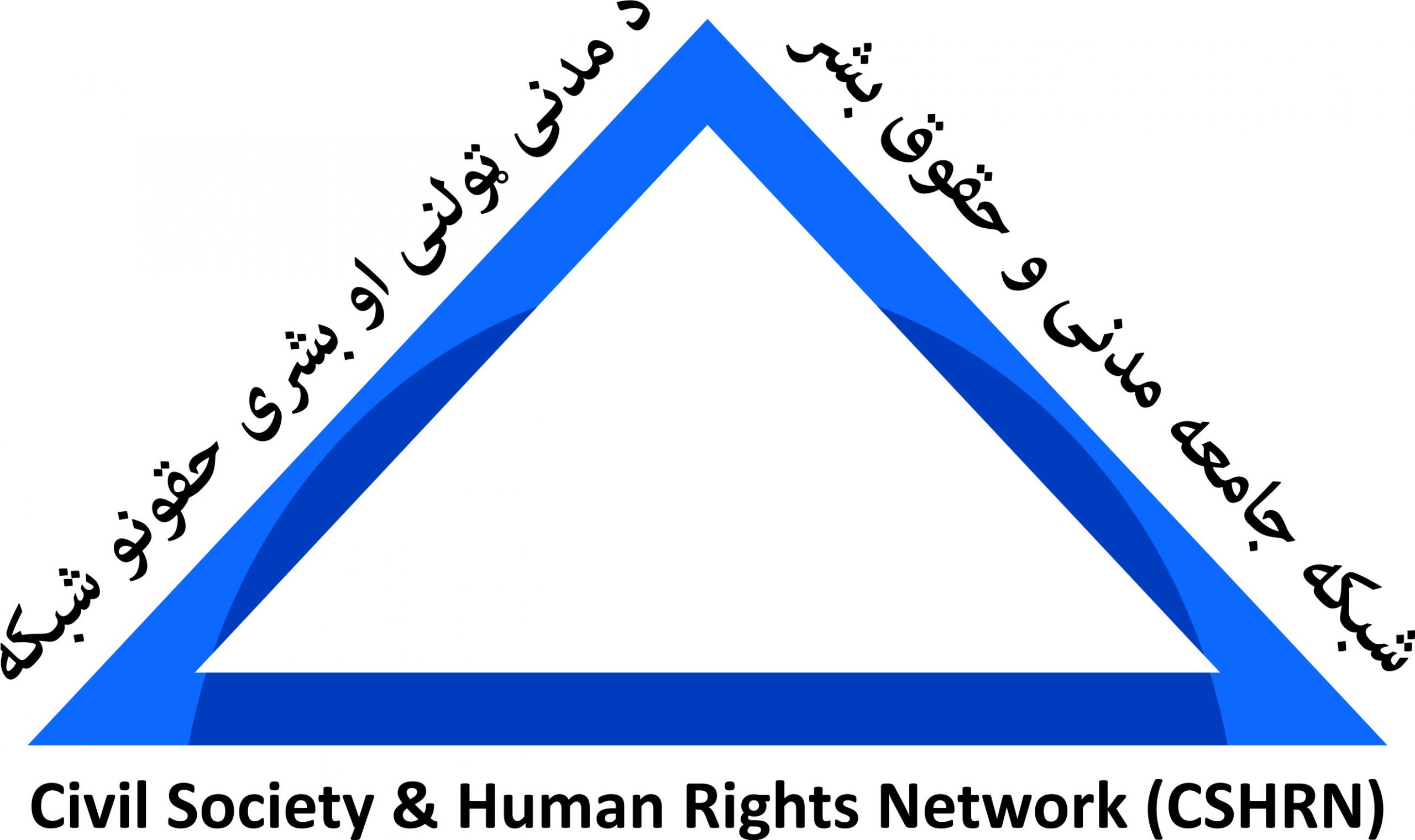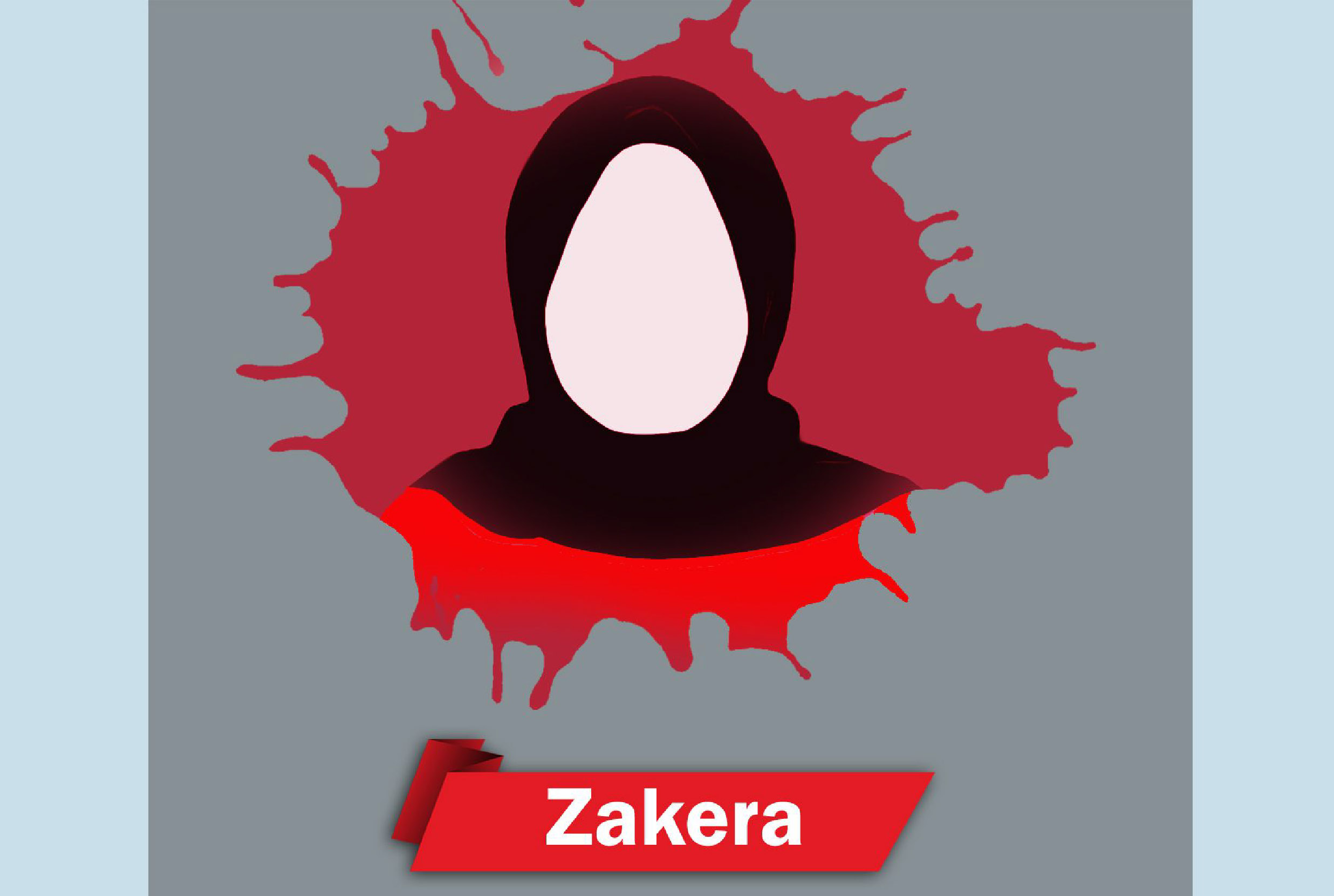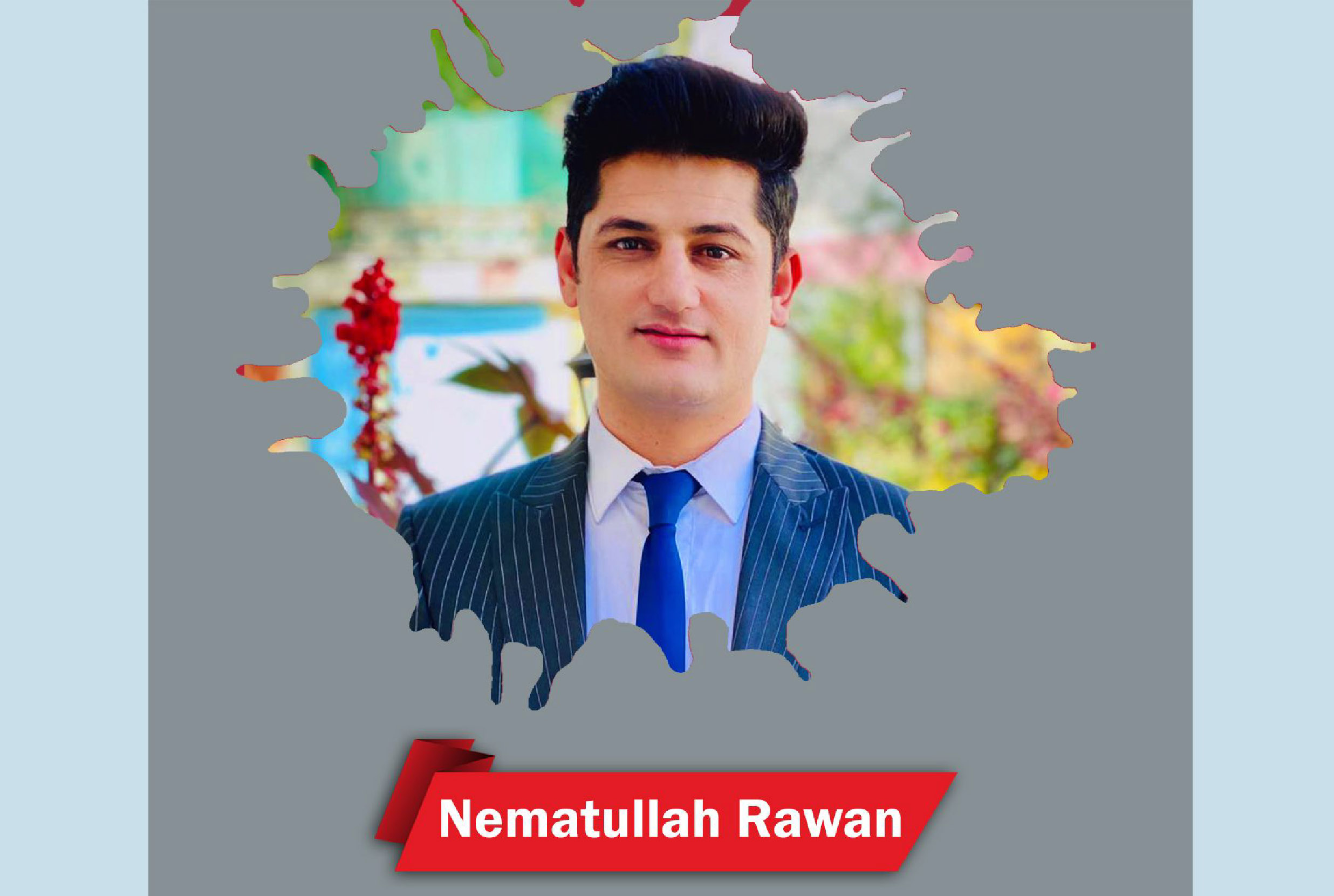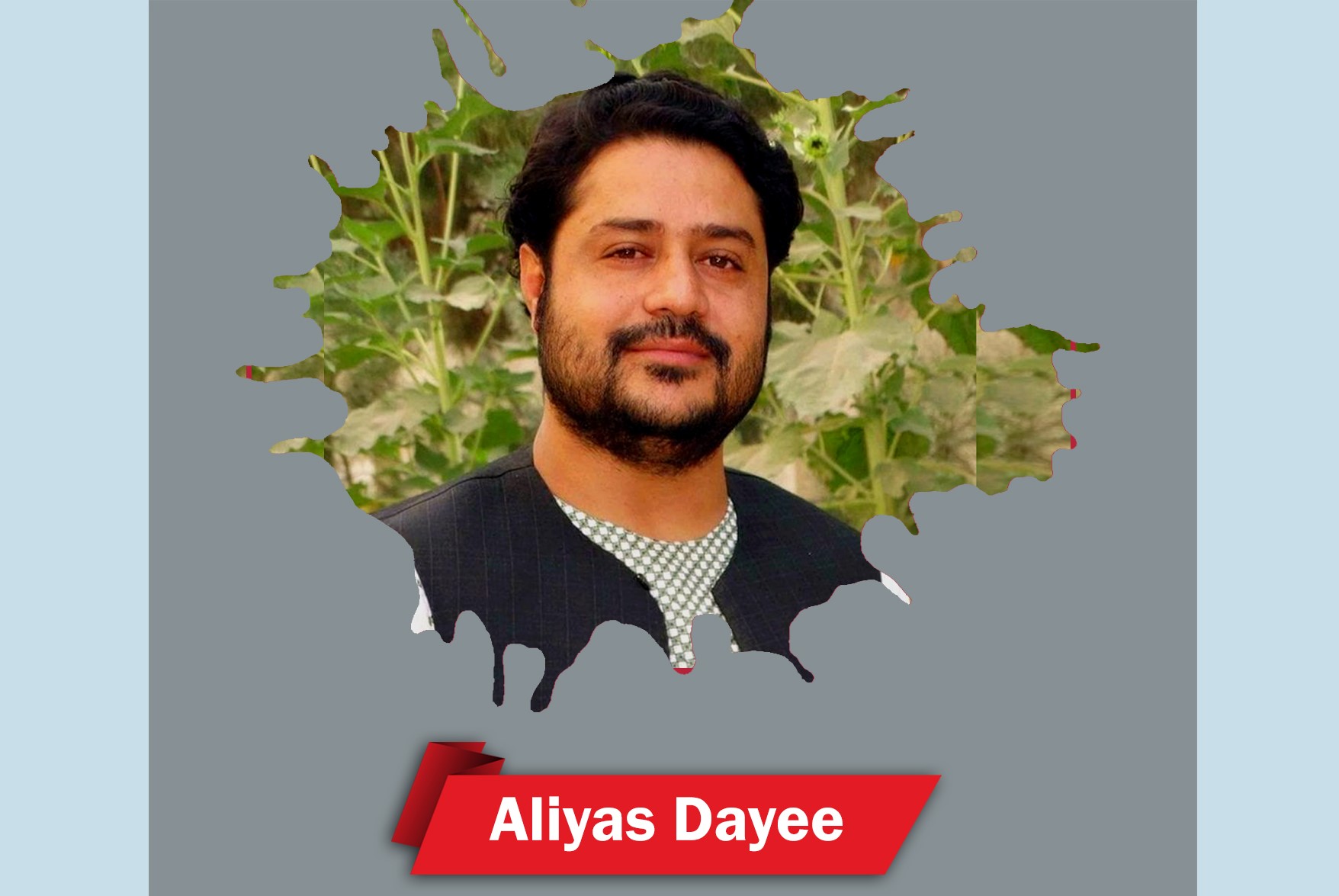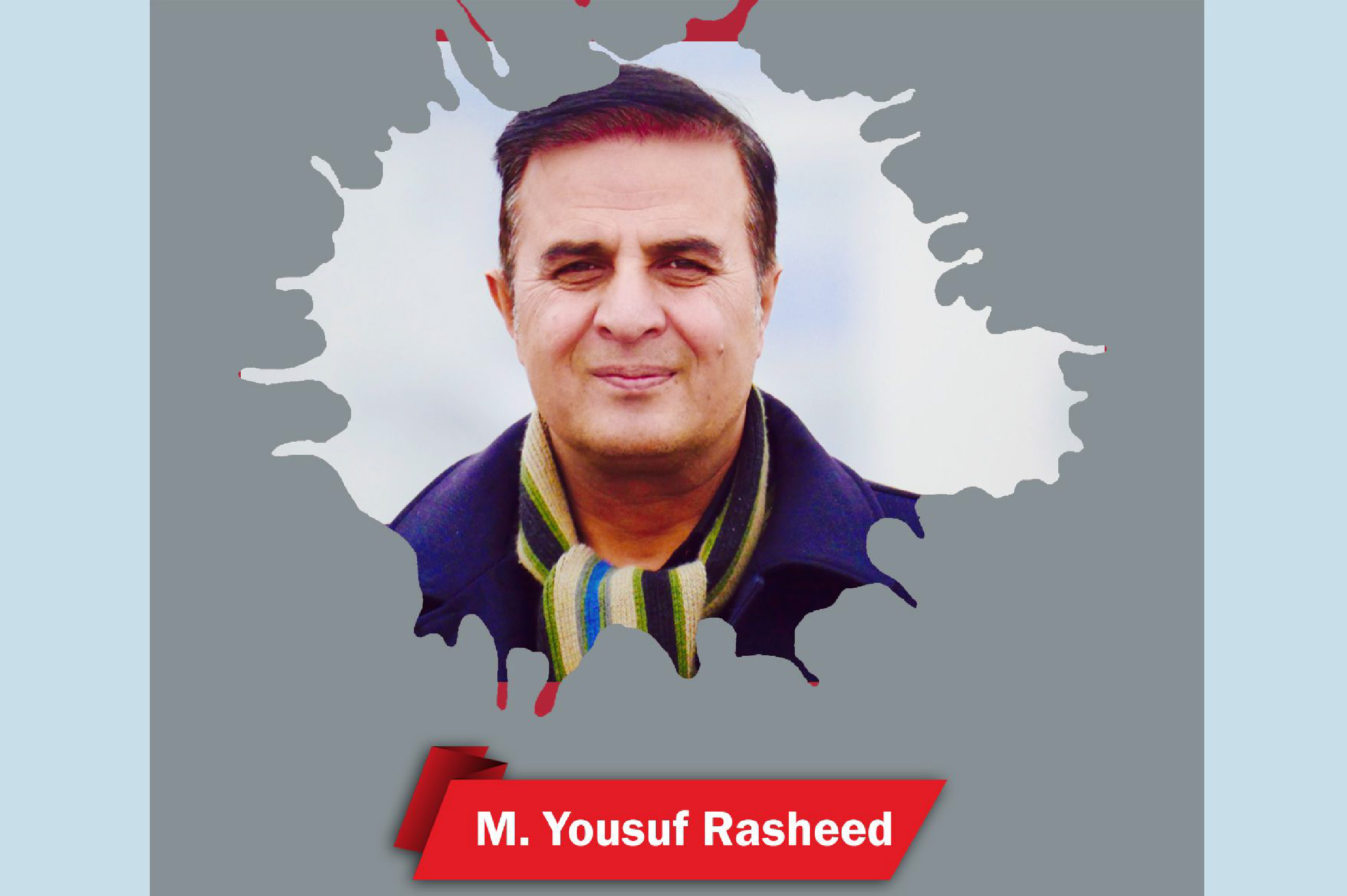Nematullah Zaheer
Name: Nematullah ZaheerOccupation: JournalistDate of Birth: 1978Date of Assassination: November 4, 2016 Place of Assassination: Helmand ProvincePerson/Group Responsible for Assassination: The Taliban Life and Education:In a special program aired by Ariana Television Network to honor Nematullah Zaheer, it was mentioned that he was born in Sayedabad District of Maidan Wardak Province. He began his primary education in 1986 at Sayedabad District High School and graduated in 1998. Zaheer continued his studies and in 1999 enrolled in the Faculty of Journalism at Kabul University, where he graduated with a bachelor's degree in 2003.According to Ariana Television, Zaheer and a group of journalists traveled to the Sur Gudar (Sorkh-Gozar) area of Lashkar Gah’s second district—a region recently cleared of Taliban forces—to cover the operations of Afghan troops. Tragically, his vehicle struck a landmine, leading to his assassination. Zaheer is survived by three sons and one daughter.Activities:Nematullah Zaheer was recognized as a skilled and dedicated journalist, as reported by Ariana News. His first professional experiences began in his early teens with involvement in civil activities. He later joined the journalism field, tirelessly working to document the intense conflict in Helmand and the struggles of its residents. His commitment to delivering news was so strong that he chose Helmand—one of the most dangerous provinces—as his primary reporting area. Zaheer was regarded as one of Afghanistan’s talented and diligent journalists, working with various media outlets for over a decade. To read more please also see the PDF. Profile (PDF)
